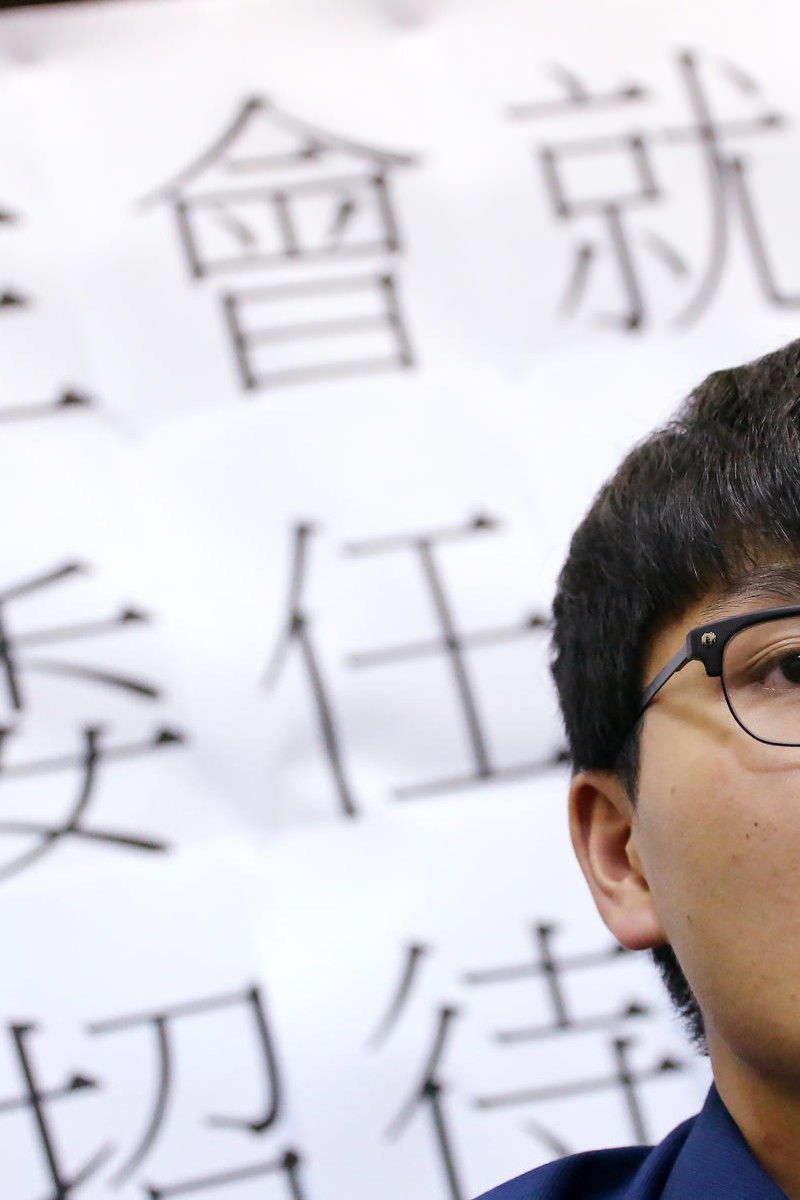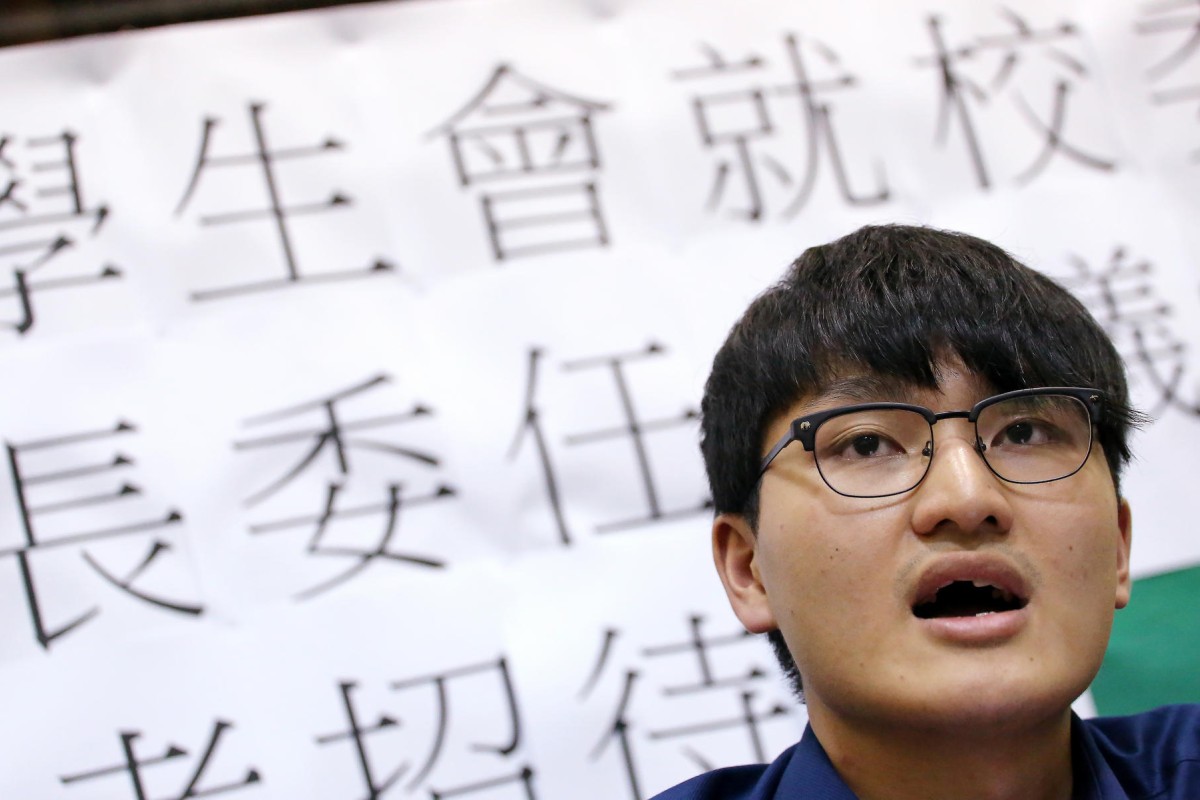
HKU's student leader Billy Fung is no whistleblower
 Billy Fung exposed the reasoning behind Johannes Chan's rejection.
Billy Fung exposed the reasoning behind Johannes Chan's rejection.As a child, I would question the value of a university education - what else is there to learn besides basic numeracy and writing skills? After all, there are many people who have succeeded in life without stepping foot in a tertiary institution.
Then the responses I received were similar - university is a "melting pot" of liberal ideas, a place to practise tolerance and engage in debates and discussion, and a testing ground to explore and embrace failure.
But sadly the recent debacle regarding the appointment of Johannes Chan Man-mun as pro-vice-chancellor of the University of Hong Kong has challenged those views.
When Billy Fung Jing-en disclosed the reasons behind the HKU governing council's controversial decision to reject Chan's candidacy, he came under heavy fire. Fung, the president of the HKU Student Union, was branded a "liar" who was "bad in English". He was also accused of "having no integrity".
Fung did not deserve to be treated that way. The remarks made by some influential figures have spoiled the student leader's image and put his future in doubt.
However, there is a more important issue: is the criticism proportional to what Fung did, namely, standing up for his beliefs and ensuring justice and fairplay? He may have violated a confidentiality agreement, but did it cause permanent harm?
Unlike Edward Snowden, whose whistleblowing jeopardised the safety of undercover agents, all Fung did was reveal the absurd reasons behind Chan's rejection for the top managerial post.
Do universities not pride themselves on producing students with a strong sense of leadership and service to the community?
HKU was the biggest loser in this fiasco. Apart from a drop in world rankings, which could be attributed to other factors, its reputation as the best university in Hong Kong has been tarnished.
At HKU, there seems to be a lack of healthy discussion, while the decision-making process is not transparent. The authorities have the final say with little regard for outside opinions.
Columbia University in New York experienced similar student problems in 1968 against its alleged link to pro-Vietnam War institutions. Years following the saga, Columbia saw a drop in applications and donations to the university.
Columbia responded by establishing a senate, which allowed dialogue between students and the authorities.
As an "internationally recognised" university, I sincerely hope that the HKU will recognise the need for more student involvement in school-related matters, rather than being another government-led institution.